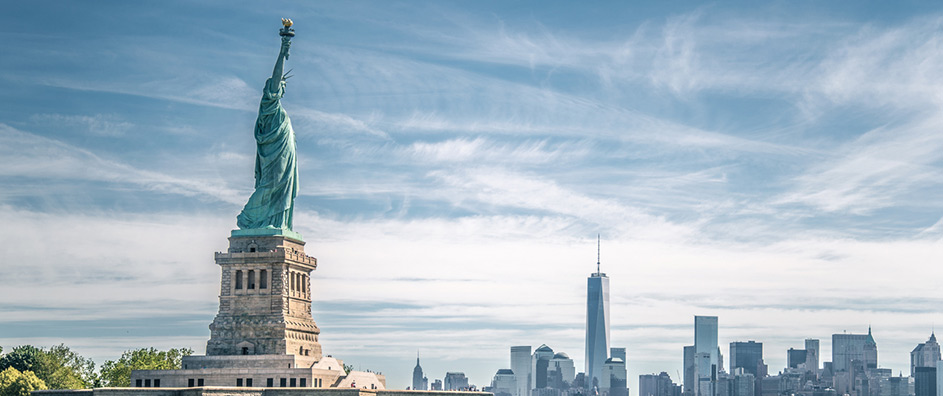Liberty and justice are often hailed as the twin pillars upon which a just society is built. In the context of Bahá’í teachings, these concepts extend beyond mere political values to encapsulate profound spiritual principles that guide individuals and communities toward a transformative social order. This article delves into the intricate relationship between liberty and justice, exploring the Bahá’í perspective on achieving the promise of a harmonious and equitable world.
The Dual Nature of Liberty and Justice
Liberty, in the Bahá’í framework, is not mere freedom from oppression; rather, it is conceived as the empowerment of the individual to pursue their spiritual, intellectual, and material development. This notion implies that genuine liberty is contingent upon justice — the moral imperative that ensures equality, fairness, and the recognition of the inherent dignity of all human beings. Therefore, when considering the aspirations for a just society, one must recognize that authentic liberty cannot thrive in the absence of justice.
Justice, conversely, is viewed as a divine attribute, an essential characteristic of God that must be reflected in the actions and institutions of humanity. In Bahá’í writings, it is described as the means through which social harmony can be achieved and sustained. As such, it serves not only as a moral compass but also as a practical framework for decision-making in both governmental and interpersonal relationships. The intricate interplay between liberty and justice engenders a society wherein both can flourish, underscoring the necessity of incorporating these principles into the fabric of everyday life.
Historical Context and Evolution of Principles
The struggle for liberty and justice has been a recurrent theme throughout human history. Yet, in the Bahá’í perspective, these ideals take on a more profound significance rooted in the teachings of Bahá’u’lláh, the founder of the Bahá’í Faith. He articulated that the realization of true justice is contingent upon the recognition of the unity of humankind. This realization serves as a catalyst for change, challenging entrenched societal norms and urging individuals and institutions to rise above prejudices and inequalities.
Bahá’u’lláh emphasized that the quest for liberty must be pursued in tandem with a commitment to justice. He contended that any society that seeks to uphold liberty while neglecting justice ultimately undermines its foundation. This assertion resonates powerfully in contemporary discourse, where the gap between the promise of liberty and the realities of social inequities often becomes evident. The Bahá’í writings thus prompt a reevaluation of how both concepts can be harmoniously integrated into governance, education, and community life.
Universal Principles for Achieving Justice
At the heart of Bahá’í teachings on justice lie several universal principles that provide a pathway toward achieving a just and equitable society. These principles serve as a framework not only for individuals but also for communities and nations. They include the equality of all people, the elimination of prejudice, and the promotion of consultation as a means of decision-making.
Equality is a cornerstone of the Bahá’í understanding of justice. It is the proclamation that all humans, regardless of race, gender, or socio-economic status, possess equal rights and should be afforded equal opportunities. This principle requires a concerted effort to dismantle systemic injustices that perpetuate inequality. Thus, achieving liberty for some cannot be construed as justice when others are marginalized or oppressed.
The elimination of prejudice is another fundamental principle. Prejudice — in its various forms — acts as a significant barrier to both liberty and justice. The Bahá’í teachings advocate for a conscious, collective effort to foster understanding and acceptance among diverse groups. By transcending biases, communities can cultivate an environment where all voices are heard and valued, contributing to a richer social tapestry.
Moreover, the practice of consultation is exalted as a means of reaching consensus and fostering inclusive decision-making. This democratic approach emphasizes dialogue and collective reasoning, enabling individuals to express their views while respecting the opinions of others. In this way, consultation not only promotes justice through fairness but also enhances liberty by ensuring that everyone has a stake in the decisions that impact their lives.
The Path Forward: Community Involvement and Global Cooperation
To realize the promise of liberty and justice, the Bahá’í teachings advocate for proactive community involvement. Individual and collective action is paramount in addressing systemic injustices and advancing social change. Education plays a crucial role in this endeavor, as it empowers individuals with the knowledge and tools necessary to advocate for justice and liberty within their spheres of influence.
Global cooperation is equally essential. The interconnectedness of the modern world calls for a unified response to global challenges such as poverty, discrimination, and environmental degradation. The Bahá’í teachings emphasize that the solutions to these pressing issues can only be achieved through a collaborative effort that transcends national borders. This interconnected approach not only fosters justice but also upholds the liberty of all people to live in a world that recognizes their inherent worth.
Conclusion: The Living Promise of Liberty and Justice
The Bahá’í perspective on liberty and justice invites a deeper inquiry into the foundational principles that underpin our societies. It challenges individuals to envision a world where true liberty is celebrated alongside justice, a place where every voice is cherished, and diversity is embraced. Achieving this promise requires unwavering commitment, deep introspection, and collective action. As we navigate an increasingly complex global landscape, the Bahá’í teachings provide a timeless framework for addressing the perennial challenges of our age, urging humanity toward the realization of its highest ideals.
